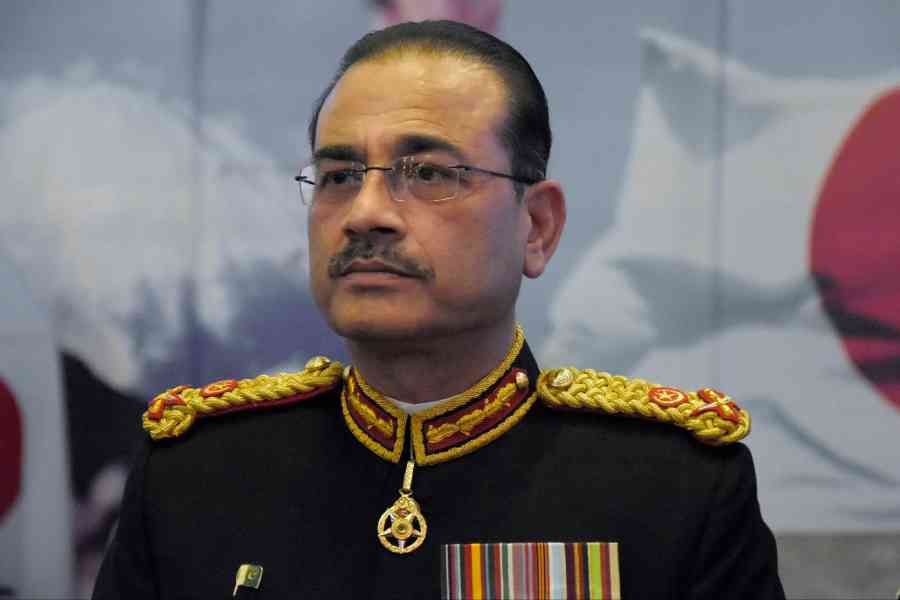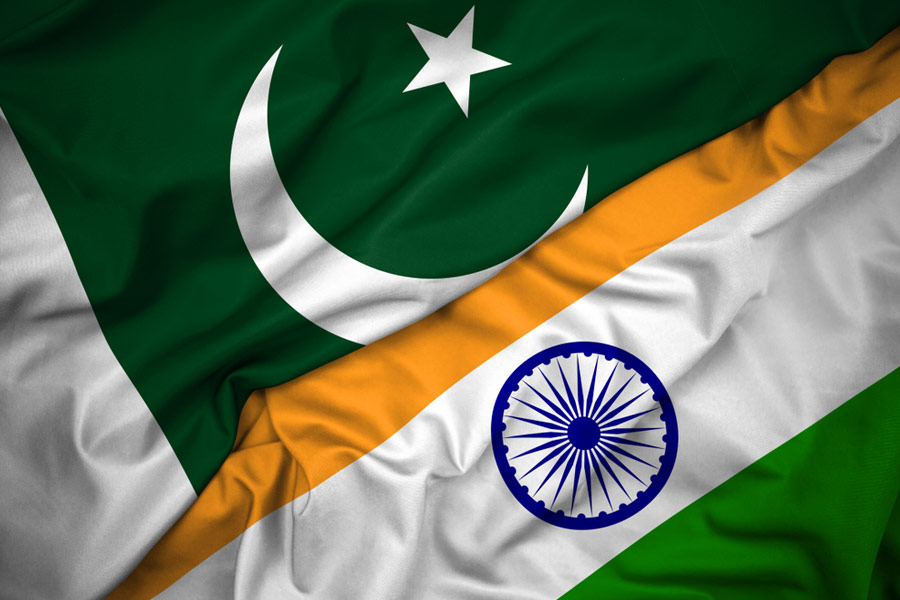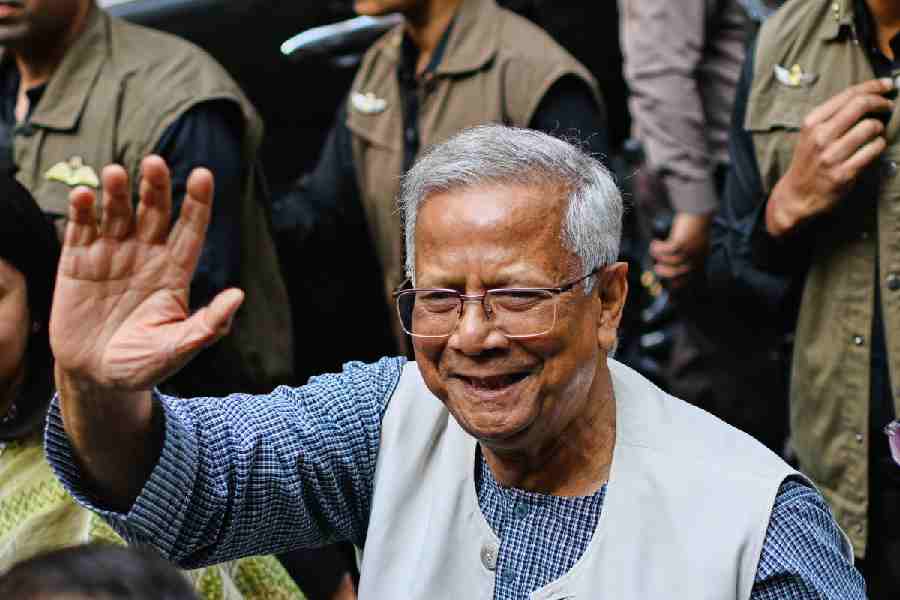Until recently, Pakistan’s most powerful man preferred to stay behind the scenes, tightly controlling his public profile and limiting his pronouncements mostly to choreographed addresses at set-piece military events.
But after the deadly terrorist attack nearly two weeks ago in the Indian-controlled part of Kashmir, Pakistan’s army chief, Gen. Asim Munir, has stepped to the center of sharpening tensions between Pakistan and India.
As pressure has built in India for a forceful response to the attack, which killed more than two dozen Hindu tourists near the town of Pahalgam, Munir has increasingly shaped Pakistan’s tone with his own tough talk.
On Thursday, standing atop a tank during a military exercise, Munir addressed troops in the field. “Let there be no ambiguity,” he said. “Any military misadventure by India will be met with a swift, resolute and notch-up response.” That was a reference to Pakistan’s vow to match or exceed any Indian strike.
Munir’s comments have been seen in India and Pakistan as reflecting his need to project strength and rally public support after his country has struggled for years with political divisions and economic hardship. Those troubles have dented the steadfast loyalty that Pakistanis had felt for decades toward the military establishment, which has long had a hidden hand in guiding the country’s politics.
But Munir’s response appears to be more than a political calculation. Analysts describe him as a hard-liner on India, with views shaped by his time leading Pakistan’s two premier military intelligence agencies and by his belief that the long-running conflict with India is at heart a religious one.
Many in India have seized on remarks that Munir made six days before the terrorist attack. In front of an audience of overseas Pakistanis in the capital, Islamabad, Munir described Kashmir — which is divided between Pakistan and India but claimed in whole by each — as the country’s “jugular vein.”
That phrase, which is deeply woven into the country’s nationalist vocabulary, signifies how Pakistan sees Kashmir as vital to its national identity. The Indian Foreign Ministry denounced the comment as inflammatory and called Kashmir an “integral part” of India.
Whether the current crisis escalates or gives way to restraint will depend as much on international diplomacy as domestic politics.
The United States and the United Nations have called on India and Pakistan, both of which have nuclear weapons, to work toward de-escalation. In addition, Pakistan’s permanent representative to the United Nations, Asim Ahmad, said Friday that Pakistani diplomats and government ministers had spoken with their Chinese counterparts about the tensions with India. China is an ally of Pakistan and has economic interests there.
But diplomacy may not be enough. India’s strongman prime minister, Narendra Modi, whose brand of Hindu nationalism paints Muslims at home and in Pakistan as a threat, has promised that India will pursue “every terrorist and their backers to the ends of the Earth.”
After attacks on Indian security forces in Kashmir in 2016 and 2019, India responded by striking what it said were terrorist camps inside Pakistan. This time, with 26 innocent people killed by attackers at a tourist destination — the deadliest such assault in the region in decades — “a mere cross-border airstrike on presumed camps is not going to satisfy the right-wing supporters’ blood lust,” said Aditya Sinha, an author and journalist based in Delhi.
For his part, Munir has spoken since the Pahalgam attack in explicitly ideological terms that indicate he is disinclined to believe that long-term peace with India is possible.
On April 26, he addressed cadets at a graduation ceremony for the country’s premier military academy. He invoked the “two-nation theory” — the framework behind Pakistan’s founding in 1947, which asserts that Hindus and Muslims are separate nations needing separate homelands.
The theory has long underpinned Pakistan’s national identity and foreign policy. In the past, Pakistan’s generals embraced this ideological rhetoric during moments of tension with India and dialed it back when diplomacy beckoned. Munir’s revival of the theory and other comments have been interpreted by many Indians as a pronounced shift in Pakistan’s stance toward India.
His framing of Kashmir as Pakistan’s “jugular vein” has particularly struck a nerve in India. In the same speech, Munir said, “We will not leave our Kashmiri brethren in their heroic struggle that they are waging against Indian occupation.”
Shekhar Gupta, editor-in-chief of ThePrint, an Indian online newspaper, said the timing and animus of the comments would be hard for India to ignore.
“The Pahalgam outrage followed just after Gen. Munir’s speech,” Gupta said. “India would have to be frightfully complacent not to draw the connection, especially as he had raked up hostility to Hindus, which no Pakistani leader — civil or military — had done for a long time.”
Pakistani officials have rejected any connection between Munir’s remarks and the attack in Kashmir. Ahmad, Pakistan’s permanent representative at the United Nations, dismissed India’s claim of Pakistani links to the attack and said that the “root cause” of instability in South Asia remained the unresolved dispute over Kashmir.











